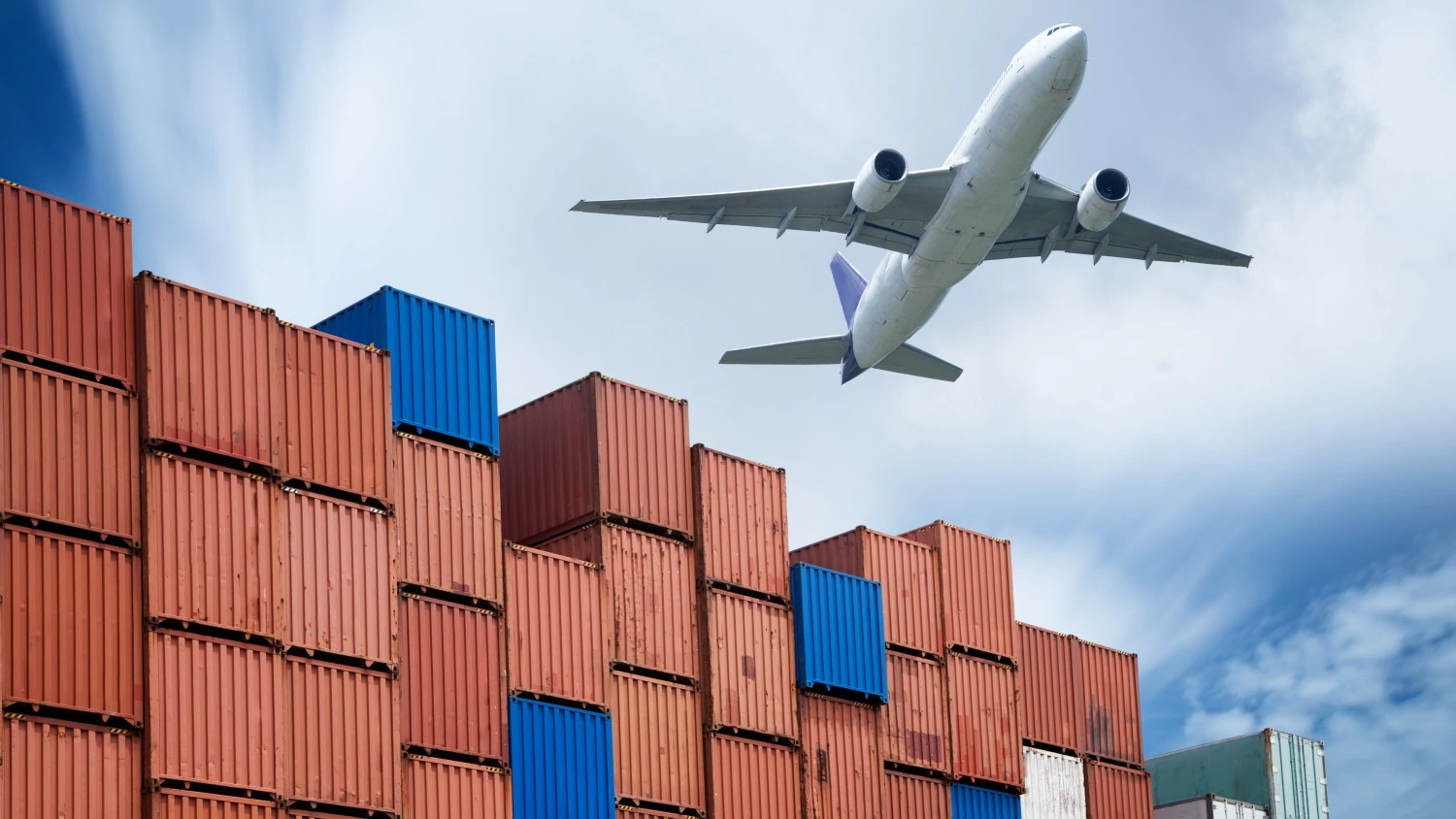
After the great year in 2019 and a very good start to 2020, the coronavirus pandemic has halted the expansion of Asian investment funds in Poland. However, analysts are convinced that it is just a temporary situation and a new transaction closed this month also suggests that the flow of Asian capital has not dried up.
Asian investment activity in CEE countries is nothing new. In fact, investors from the Far East have been present in the CEE region for years. According to research made by Skanska, Colliers International and Dentons, the total volume of Asian capital (coming from Singapore, the Philippines, China, South Korea and Malaysia) invested directly in the real estate markets of Central and Eastern Europe in the years 2013-2019 has reached €7.7 billion. By comparison, German property investors invested €8.6 billion in CEE in the same period.
2019 was a „Year of the Dragon” on Poland’s investment market. In the first three quarters of 2019, about 20% of transactions were made by investors from Singapore, South Korea, Japan, Philippines and Malaysia. The main reasons were favourable the exchange rate, higher yields in CEE for the products of the same quality as in Western Europe but with lower prices, robust economic growth and – last, but not least - stable legal and political systems. Thanks to Belt & Road Initiative, Chinese and Polish companies have been maintaining mutually beneficial cooperation. Supported by the local government, many Chinese enterprises have established their European research and development centres in Poland and Asian institutional investors have been constantly looking for opportunities by Vistula river, especially for assets related to transport logistics and warehousing. Among the deals announced in 2019, the largest foreign investment in Poland, worth €1.2 billion, was the purchase of the DCT Gdańsk container terminal, on a joint bid by PSA International port group, owned by Temasek Holdings of Singapore, the Polish Development Fund, and Australia’s IFM Global Infrastructure Fund. Another major transaction was the €190 million purchase of the West Station office complex in Warsaw by Mapletree Investments of Singapore.
Even bigger interest in Q1 2020
The first months of 2020, just before the COVID-19 outbreak in Europe, were also promising, Throughout the first quarter of 2020, the total transaction volume on the commercial real estate market in Poland exceeded €2.4 billion, according to research by Avison Young. This volume was almost three times as high as compared to the corresponding period of 2019. Asian investors dominated this investment volume in terms of capital origin, with a particular focus on the industrial and office sectors. More than 60 per cent of the total transaction volume (€1.4 billion) was generated on the industrial market.
In January, Chinese investment firm CGL acquired two Amazon distribution centres in Poland from Invesco Real Estate. The international investment company – formed by the state-owned China Nanshan Development, CNIC Corporation and China BOCOM Insurance – has bought the two newly-built centres totalling 105,000 sqm for an undisclosed sum. Both have been leased to Amazon a 15-year lease. Just a month later, Panattoni sold a portfolio of five logistics parks in strategic locations totalling 280,000 sqm to an undisclosed Asian investor, represented by Savills Investment Management. The parks occupy strategic locations in Poland – Warsaw (Panattoni Park Warsaw North, Panattoni Park Warsaw South), Silesia (Panattoni Park Silesia I), Poznan (Panattoni Park Poznań IV) and Szczecin (Panattoni Park Szczecin II).
One cannot invest via Zoom or Teams
In March of 2020, the pandemic lockdown has cut off Asian investment funds from properties in CEE countries. According to Savills, the whole investment volume in 2020 in Poland was 32% lower compared to the previous year. One of the main reasons for it was the absence of Far Eastern entities in the European investment market. International and domestic travel remains severely limited and for example, South Korean legal procedures require investment funds` representatives to visit the property in person before closing the deal.
Agreements in development that still need to be structured and where visits are required are usually postponed and there are no signs of new deals on the horizon. Investors are waiting for more clarity about the impact of the epidemic on the economy and real estate market. However, according to Daniel Bienias, Managing Director of CBRE, in the long term, Asian funds` interest in Poland should not weaken. „Much depends on how the epidemic will spread, but Poland as a country will remain in Europe as an important destination for investors, who will be looking for a place to allocate their resources when the situation stabilizes,”, said Bienias in an interview with the Warsaw Business Journal. „It is likely that the flow of transactions will depend more on investors already present on the Polish market because they know the local conditions better. When the situation stabilizes, international capital, including capital from Asia, is likely to see a strong rebound, as long-term drivers of investment strategies will remain intact,” predicts Bienias.
Some activity is still there in Q1 2021
In February this year, Savills Investment Management, acting on behalf of the Vestas European Strategic Allocation Logistics Fund (VESALF I), a fund raised solely from Korean institutional investors, has agreed to acquire a 101,000 sqm logistics asset leased to Castorama for €65.5 million in Łódź. VESALF I is among the first ‘blind’ funds raised solely from Korean institutional investors to invest in European real estate and targets core/core-plus logistics assets across all key European markets. The fund was seeded with a new 115,000 sqm unit leased to DSV in Tholen, the Netherlands, acquired late last year.



